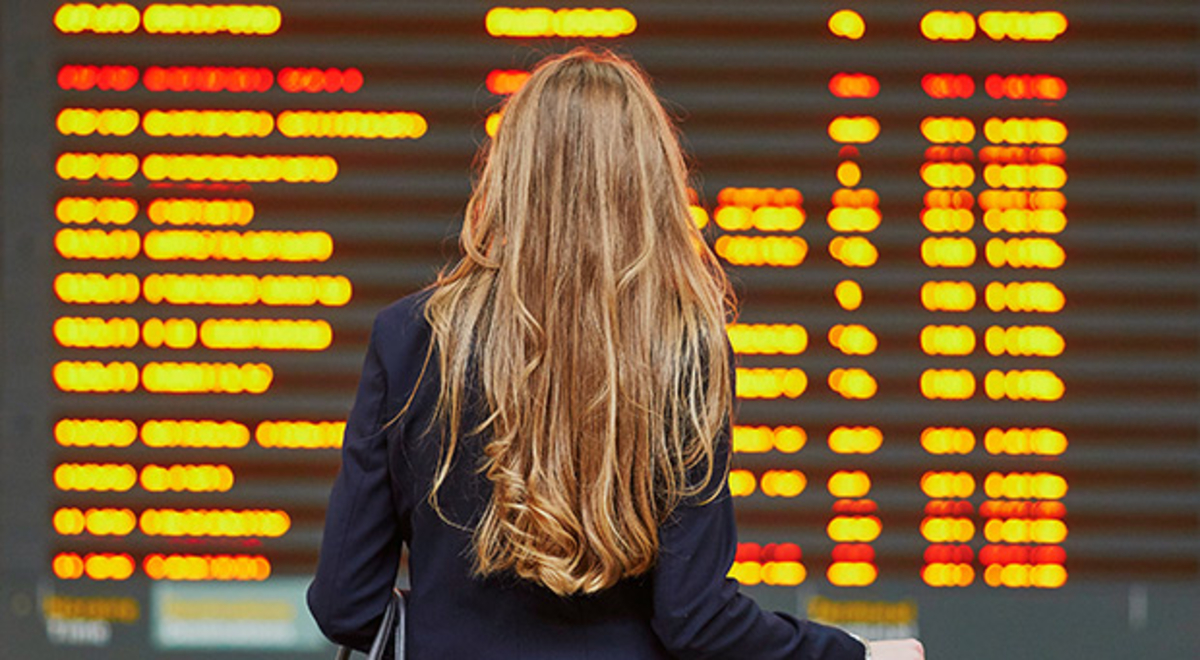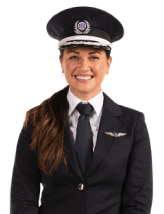The Canadian Transportation Agency (CTA) unveiled new protections for airline passengers in the event of airline-related disruptions, which took effect Jul. 15. After extensive consultations over the last year between the CTA, the public, consumer rights groups, and the airline industry, regulations were put in place to ensure that passengers know what they’re entitled to when things go wrong.
The new Air Passenger Protection Regulations cover proper communication, overbooked flights, tarmac delays, lost or damaged baggage, and the transport of musical instruments, with more to come later this year. The regulations outline standards of treatment that must be met by airlines flying passengers to, from, or within Canada, connecting flights included.
Proper communication
No longer will passengers have to wonder what the status update is of delayed flights, cancellations and other essential information that could affect one’s travel plans. This is why airlines will now inform passengers what their options are in a timely, clear and accessible way. This means that passengers must be provided with clear and concise information on what to do:
- in the event of a flight delay or cancellation
- if they are denied boarding
- if baggage is lost or damaged
- if passengers are travelling with children under 14 years of age, what the rules are for seating
Flight disruptions (flight and tarmac delays, flight cancellations, denials of boarding) must be communicated to passengers as soon as is feasible. The information must include why their flight has been disrupted with an audible announcement, visible announcement (upon request), and the method of communication the passenger has selected (email, text, etc.) Airlines must provide flight status updates every 30 minutes.
All forms of communication must be accessible to everyone. Whether the communication is provided digitally or in paper format, the information will have to be provided with adaptive technologies, in large print, or Braille, upon request.
Denied boarding on overbooked flights
The stress of finding out that you’ve been bumped from an overbooked flight is not an ideal situation to face. If an airline overbooks a flight and must deny boarding to passengers for reasons within its control, the new rules require airlines to look for volunteers to give up their seat first before kicking anyone off. Once an airline has found a volunteer to give up their seat, the volunteer is entitled to compensation.
The airline will put it in writing what the benefits of the agreed exchange are for giving up their seat. Compensation is based on how late they will arrive at their final destination, compared to their original schedule. A delay of zero to six hours entitles the volunteer to $900 in compensation. Six to nine hours $1,800 and any delay of more than nine hours is worth $2,400 in compensation.
Tarmac delays
Tarmac delays can be caused by an array of things. From bad weather and mechanical issues to absent ground crews or customs officials, passengers have no choice but to remain on a grounded plane for sometimes hours at a time. The new regulations limit that time. If passengers are stuck on the tarmac of a Canadian airport for three hours, airlines must allow the plane to go back to the gate so passengers can disembark. However, an airline can stay on the tarmac for up to an additional 45 minutes if it’s likely it will take off within that period, as long as passengers continue to receive the required standards of treatment.
No longer will passengers be stuck on the tarmac in an airplane for more than three hours and 45 minutes unless they are prevented by reasons related to safety, security, customs or air traffic control. Airlines must provide passengers access to working lavatories, proper ventilation and heating or cooling, food and drink, and the ability to communicate with people outside the plane free of charge, if feasible.
Lost or damaged baggage
Airlines can be held liable for baggage that’s been damaged or lost during an international flight, for up to the amount of $2,100. The new rules extend compensation for lost or damaged baggage on domestic Canadian flights, too.
Transportation of musical instruments
Airlines must be clear in their ticketing process what the weight and size restrictions, carry-on options and fees are for transporting musical instruments. Airlines must also include cabin storage options, and options in case of an aircraft change.
New requirements as of December 15, 2019
Later this year, the second wave of rules will take effect, in addition to the ones that recently took effect. In December, the Air Passenger Protection Regulations will cover compensation for flight delays or cancellations and seating for children under the age of 14.
Compensation for flight delays or cancellations
Compensation rules will be in addition to the compensation rules for passengers that are denied boarding, or bumped from a flight (see above). Passengers on large airlines will get $400 for a delay of between three and six hours, $700 for a delay of between six to nine hours, and $1,000 for a delay of nine hours or more. Passengers flying small airlines will get $125, $250 and $500, respectively, for those same delays. Large airlines are defined as operators which have transported at least two million passengers in each of the two preceding years. All other airlines are considered to be small.
Compensation can be offered in the form of cash, vouchers, or flight rebates. If cash isn’t offered, the compensation must have a higher value than the mandated minimum, and can never expire. When flight delays at departure reach the two-hour mark, airlines must provide passengers with food and drink in reasonable quantities and electronic means of communication, like free Wi-Fi. If a delay runs overnight, airlines must offer hotel or comparable accommodations for free, plus free transportation to the accommodation.
Seating of children under the age of 14
Airlines are required to seat children under the age of 14 near to their parent or guardian, at no extra cost. Kids under the age of five will be seated next to their parent, kids between five and 11 will be in the same row, no more than a seat away, and kids 12 and 13 years old can be no more than one row away from their parents.
Book confidently with an Expert Traveller
Our Expert Travellers live up to their name. Ask our Expert Travellers about the new regulations and how we can help you confidently book your next flight. With our crew of frequent flyers, our Expert Travellers can help make sure that you get the best flight deal options to suit your travel plans and be there for you, every step of the way.






